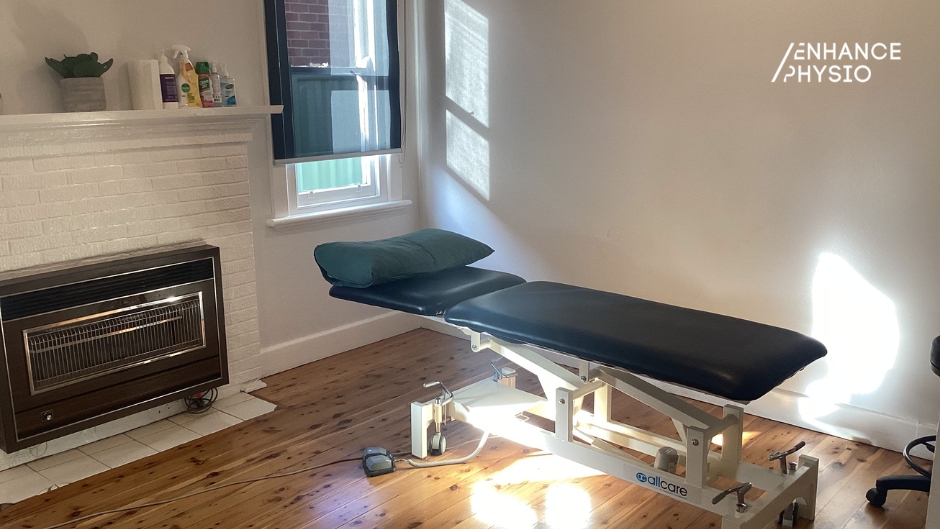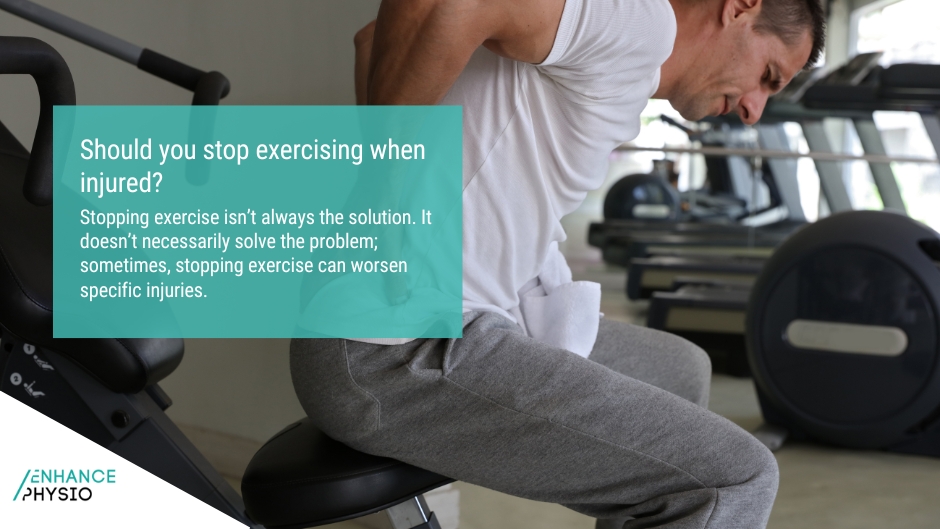One of the most common dilemmas faced by fitness enthusiasts is whether or not to continue exercising when injured. Should you push through the pain or take a break and let your body heal? This is a question that many people struggle with, and the answer isn’t always clear-cut.
Injuries can happen to anyone, whether you’re a seasoned athlete or just starting out on your fitness journey. Knowing how to handle injuries properly is essential to prevent further damage and promote healing. Many people believe that taking a break from exercise is the best course of action, while others think that continuing to work out is the key to a speedy recovery.
The decision to continue exercising when injured is complex, and there is no one-size-fits-all answer. It depends on the type and severity of the injury and your overall fitness level and goals. In this article, we’ll explore the pros and cons of exercising when injured and provide some guidelines to help you make an informed decision.
Distinguishing injury from muscle soreness
Although paying attention to your body is crucial, you could mistake soreness for an injury, causing potential limitations on safe exercise practices.
It is common to experience muscle soreness 1-2 days after exercising, known as Delayed Onset Muscle Soreness (DOMS). This is a natural response to a new exercise routine, intense workout, or lack of proper warm-up. Although it may seem alarming, it is usually nothing to worry about.
Soreness after exercise, also known as DOMS, can be relieved by gentle movements such as stretching, walking or cycling or resting and taking a hot bath to soothe your muscles. It is safe to continue exercising, but it may be uncomfortable.
Experiencing DOMS could indicate something more severe than typical post-workout soreness. If the discomfort persists despite treatment, gets worse, or is a new occurrence, it may be an injury that requires attention.
Physiotherapy rehabilitation
Many people put off booking in to see a physiotherapist because they don’t want someone to tell them to stop exercising. Stopping exercise isn’t always the solution. It doesn’t necessarily solve the problem; sometimes, stopping exercise can worsen specific injuries.
At Enhance Physiotherapy, we use our knowledge of injuries and healing times to recommend the most appropriate action plan. We recommend reducing your weekly training load by 10% or substituting a high-impact session for a low-impact session. Or, we could replace a specific exercise with a less provocative exercise. There is usually always a way to train around an injury, and we can provide you with a list of all the things you can do rather than focus entirely on the things you can’t do!
If it is recommended that you rest, it’s only because we know that that is the most effective treatment option for your recovery, which we will explain to you during your appointment and happily discuss the pros and cons either way. Ultimately the final decision is always up to you. It is your body. So please don’t delay your recovery because you’re worried we’ll tell you to stop training. We will determine the best treatment plan for you and get you back to 100% as soon as you can!
The majority of injuries are avoidable
Overtraining is a common cause of sports-related injuries, and it is essential to know when to take time off from exercising to prevent further injury or to allow recovery from an existing one.
Injuries caused by overtraining can range from minor strains and sprains to more severe issues such tendinopathy and stress fractures.
If you experience any pain while exercising that is not relieved by rest or stretching, it is vital to stop and take a break from the exercise causing the pain.
If you are injured, it is important to rest the affected area. Resting does not mean avoiding all physical activity; low-impact activities such as walking or gentle stretches can benefit recovery. During this time, you should also eat nutrient-rich foods and stay hydrated.
Rule of thumb
When dealing with minor sprains and strains, it’s recommended to rest for three days to let your body recover. However, for more severe injuries, it’s important to consult with your physiotherapist to determine the appropriate resting and healing time frames before starting any exercise routine.

Final thoughts if you should stop exercising when injured
Whether you should stop exercising when injured is not a simple yes or no answer. It depends on the severity and type of injury and your circumstances.
However, one thing is sure: always listen to your body and seek medical advice if necessary.
Don’t let an injury completely derail your fitness journey, but don’t push yourself too hard and risk making it worse. Remember, slow and steady wins the race!






